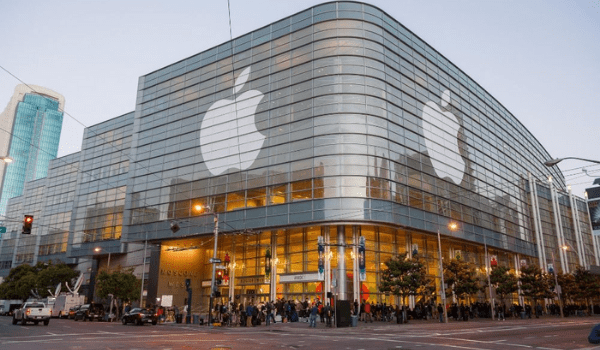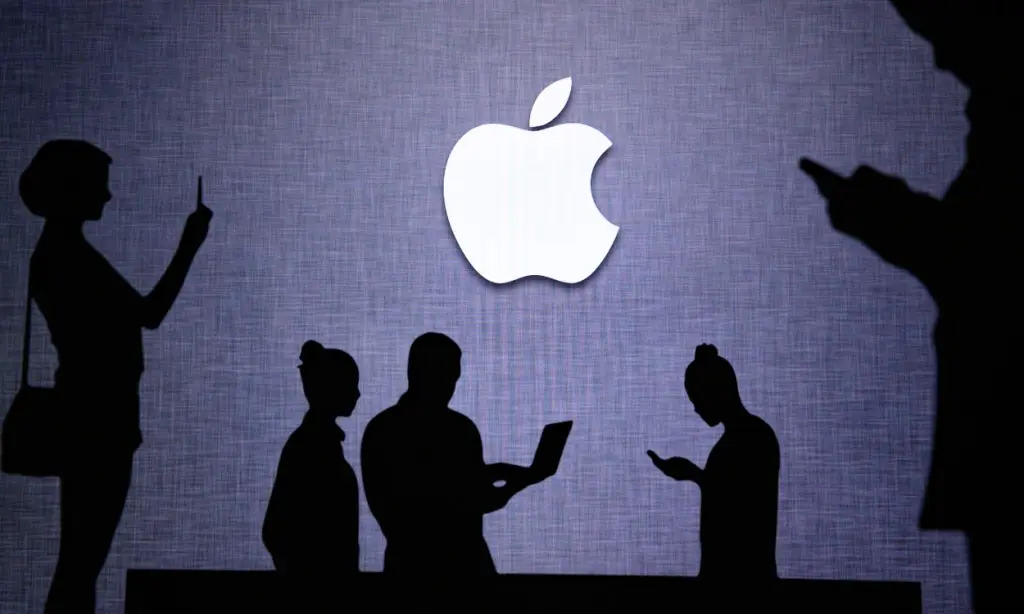
Introduction:
Following the European Union’s recent actions against tech giants like Apple, attention is now turning to the United States as regulatory scrutiny escalates. This focus has sparked discussions surrounding Apple’s practices and their impact on the tech industry. This article will delve into the growing momentum behind efforts to reevaluate Apple’s approach and the potential implications for the broader tech landscape.
Antitrust Issues:
Central to Apple’s challenge is related to antitrust regulations, particularly its App Store policies. Critics argue that Apple’s stringent control over its ecosystem stifles competition, limits consumer choice, and imposes unfair fees on developers. These concerns have prompted investigations by federal and state authorities in the United States, echoing similar actions taken in Europe.
Apple App Store Dynamics:
A key area of contention is Apple’s management of the App Store, which serves as the exclusive distribution platform for iOS apps. Critics argue that Apple’s strict guidelines and high commission rates hinder competition and innovation while burdening developers. This has led to friction between Apple and app developers, culminating in high-profile legal disputes.
Epic Games Lawsuit:
The legal clash between Apple and Epic Games has brought these issues to the forefront. Epic Games, the developer behind Fortnite, challenged Apple’s App Store policies by implementing its in-app payment system, circumventing Apple’s commission structure. Apple responded by removing Fortnite from the App Store, sparking a legal battle that has drawn significant attention.
Congressional Oversight:
Apple’s practices have also faced scrutiny from Congress, with CEO Tim Cook testifying before the House Judiciary Subcommittee on Antitrust, Commercial, and Administrative Law in 2020. The hearing examined concerns regarding competition in digital markets and the impact of tech companies’ practices on consumers and smaller competitors.
Calls for Reform:
Amid mounting pressure, there have been increasing calls to reform Apple’s App Store policies to foster fair competition and protect consumer interests. Proposals include mandating alternative app distribution channels on iOS devices, regulating App Store fees, and enhancing transparency in the app review process.
Potential Industry Impacts:
The outcome of the challenges to Apple could have significant implications for the tech industry. A shift towards more open app distribution models on iOS devices could encourage innovation and competition, benefiting developers and consumers alike. However, it may also disrupt Apple’s revenue streams and necessitate strategic adjustments.

DOJ CLAIMS:
The US Department of Justice officially filed an antitrust lawsuit against Apple for the iPhone ecosystem monopoly. DOJ had been preparing for years to file this lawsuit, and it finally did it. Apple believes the lawsuit is wrong on the facts and the law, and the giant has raised its voice to “vigorously defend” itself against the claims.
The DOJ and 16 district attorneys general have filed the case in the US District Court of New Jersey. The case accuses Apple of raising prices for consumers and imposing higher fees on developers and creators at the expense of locking users into its ecosystem. There are allegations that Apple “selectively” imposes restrictions on developers and refuses to disclose critical ways of accessing the phone to crush down the competition.
The government points out that Apple’s anticompetitive course of conduct has taken several forms. Many of them continue to evolve today, including:
- Limiting the innovation of “super apps” with broad functionality that would allow users to switch between different smartphone platforms.
- Blocking cloud-streaming apps that would, otherwise, allow users to enjoy high-quality video games and other cloud-based apps without the need for expensive hardware.
- Degrading the quality of messaging between the iPhone and other platforms so customers can keep buying iPhones.
- Restricting the functionality of third-party smartwatches with the iPhones so the user can’t switch from the iPhone due to compatibility issues.
- Preventing third-party developers from offering third-party digital wallets with tap-to-pay functionality for the iPhone.
You can read the full DOJ Lawsuit here.
Conclusion:
As the United States follows Europe’s lead in scrutinizing Apple’s practices, the company faces critical decisions that will shape its future and the broader tech landscape. Whether it involves reforming the App Store or redefining competition rules, change seems inevitable. Apple must navigate these challenges thoughtfully to maintain its position in the evolving tech industry.

